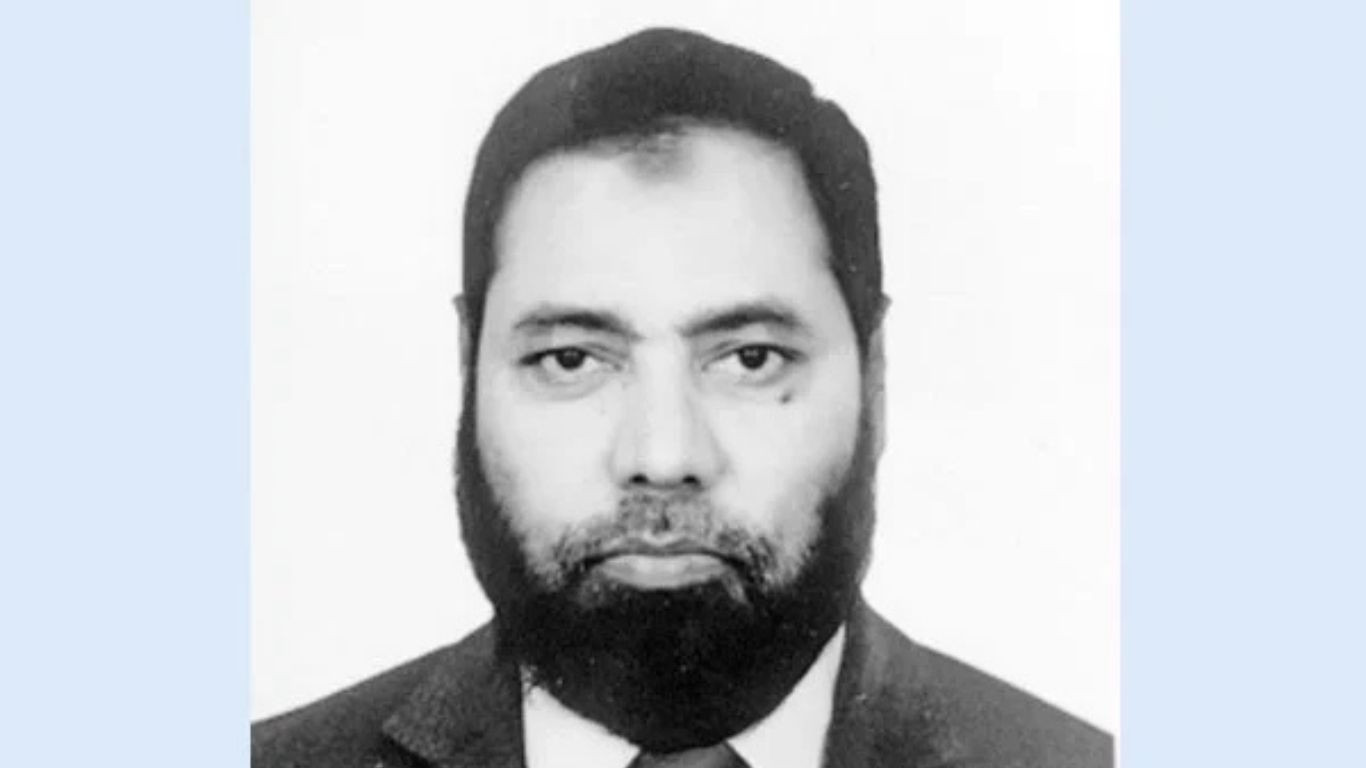
Employment is the first condition for improving people’s living standards. Employment is generated through public and private investment — by establishing businesses, industries, and development activities. In this regard, private investment is particularly crucial.
However, in recent years, the private investment sector has been in deep stagnation — to the point where it is almost non-existent. Entrepreneurs remain hesitant to invest. Economists say this is because, after the recent political shift, investors are uncertain about which direction the country will head. Many are adopting a ‘wait-and-see’ approach, resulting in reduced investment. This has led to job losses for many workers and officials, putting pressure on the economy. Inflation has exacerbated poverty.
It goes without saying that price hikes have pushed essentials beyond the reach of ordinary people, making their lives increasingly difficult. They are unable to balance income and expenses. No effective steps are visible to address the situation. The interim government has focused on economic restructuring, but its benefits have yet to reach the general public. While foreign reserves, remittance inflows, and the capacity to repay foreign loans have improved, the government has failed to create a conducive environment for private investment or control commodity prices. Investor confidence remains low.
Policymakers must think about steps to reduce prices, create jobs, and address unemployment. In these difficult times, it is urgent for the government to initiate measures to reduce unemployment. Unemployed people could be engaged in essential projects that benefit the public. Without public and private investment, the economy cannot run. Investment is linked to job creation, dynamic production systems, and improved living standards — bringing vitality to the economy.
At present, private sector credit growth has dropped to its lowest level. Deteriorating law and order, political instability, gas and electricity shortages, and uncertainty in government decisions have kept businesses on the sidelines. They are waiting for political stability. Amid domestic and international conspiracies, we are treading the path of democracy — but we must also ensure free and fair elections. Reforms are urgently needed in the National Parliament, Constitution, public administration, and police force. This cannot be delayed under the guise of debate. Elections must be arranged as soon as possible to restore peace and order.
The fact is, untoward incidents are occurring regularly, with no certainty about when or where the next one will happen. The government has failed to bring law and order under control and ease people’s sense of insecurity. In such an environment, local and foreign investors have little reason to be encouraged. The economic crisis has become acute for ordinary people, many of whom are struggling to run their households. Unemployment is breeding frustration among the youth, pushing some into crime — theft, robbery, mugging, and extortion — further worsening law and order.
In such conditions, investors lack confidence. Many factories are laying off workers and officials, increasing unemployment. This is creating a new threat to law and order, as unemployed workers are reportedly engaging in criminal activities. Police say that in the last six months alone, 1,600 muggers were arrested in Gazipur Metropolitan area, more than 800 of whom were unemployed workers from closed garment and other factories.
The government’s top priority now must be to take effective steps to boost the economy as much as possible. Measures should be taken to reopen closed factories. One must remember: if the economy runs, Bangladesh runs.
__________________________
The writer is a former MP and ex-principal, M H Khan Degree College, Gopalganj

